Vir Biotechnology Charts Path Forward with New Clinical Programs
The biotech firm outlines advancements in infectious disease and oncology while refining its pipeline strategy.
February 27, 2025

Vir Biotechnology is doubling down on what it does best—harnessing the immune system to fight disease. The company’s latest report details key advancements across its pipeline, with major progress in hepatitis and cancer therapies. With a phase 3 trial for hepatitis delta virus (HDV) on the horizon and a growing focus on oncology, Vir is sharpening its strategy to maximize impact.
Driving Innovation in Hepatitis Treatments
Vir is gearing up for a critical year in hepatitis research. Its phase 3 ECLIPSE trial, set to launch in the first half of 2025, will test a combination of tobevibart and elebsiran in patients with HDV. Early data from the phase 2 SOLSTICE study showed strong viral suppression and liver enzyme normalization, positioning the therapy as a potential new standard of care. Regulatory agencies have taken notice—Fast Track and Breakthrough Therapy designations from the FDA, along with PRIME and orphan drug status in Europe, could help accelerate approval.
In chronic hepatitis B (CHB), Vir remains focused on achieving a functional cure. The ongoing MARCH study is testing tobevibart and elebsiran, with or without pegylated interferon alpha, to see if long-term viral suppression is possible. Some patients have already reached full viral clearance. The company is also seeking a commercial partner outside of China to help scale the program.
Beyond hepatitis, Vir continues to push forward in HIV research, developing broadly neutralizing antibodies (bnAbs) in partnership with the Gates Foundation. The goal: a long-acting treatment that could replace daily antiretrovirals and offer sustained viral control.
Expanding into Oncology with Targeted Therapies
Vir is also advancing a new approach to cancer treatment. Its dual-masked T-cell engager (TCE) platform is designed to increase tumor specificity while reducing toxicity. Three clinical-stage programs are in motion:
- VIR-5818 targets HER2-positive tumors, including breast and colorectal cancer. Initial results show tumor shrinkage in patients who had exhausted other options.
- VIR-5500 is being tested in metastatic castration-resistant prostate cancer, where early data indicate strong reductions in prostate-specific antigen levels.
- VIR-5525, designed for EGFR-expressing tumors, is on track to enter phase 1 trials in 2025.
These therapies leverage Vir’s exclusive rights to Sanofi’s PRO-XTEN™ masking technology, which aims to improve safety and effectiveness by ensuring the drugs activate only in tumor environments.
Strategic Adjustments and Financial Positioning
Vir is tightening its focus, shifting resources away from early-stage programs that no longer align with its core priorities. This includes winding down research in cytomegalovirus-based vaccine technology to concentrate on areas with clearer paths to commercialization.
The company remains financially stable, supported by partnerships with GSK, BARDA, and Alnylam. However, revenue from COVID-19 antibody sales has declined, reinforcing the need to prioritize high-impact clinical programs. Future success will depend on strategic investments, efficient execution, and potential collaborations to advance key assets.
What’s Next
With a pivotal year ahead, Vir is focused on execution. The upcoming phase 3 ECLIPSE trial, continued progress in hepatitis B, and the expansion of its oncology pipeline will define its next chapter. As the biotech landscape evolves, Vir is positioning itself to stay ahead—advancing therapies that could reshape the treatment of infectious diseases and cancer.



